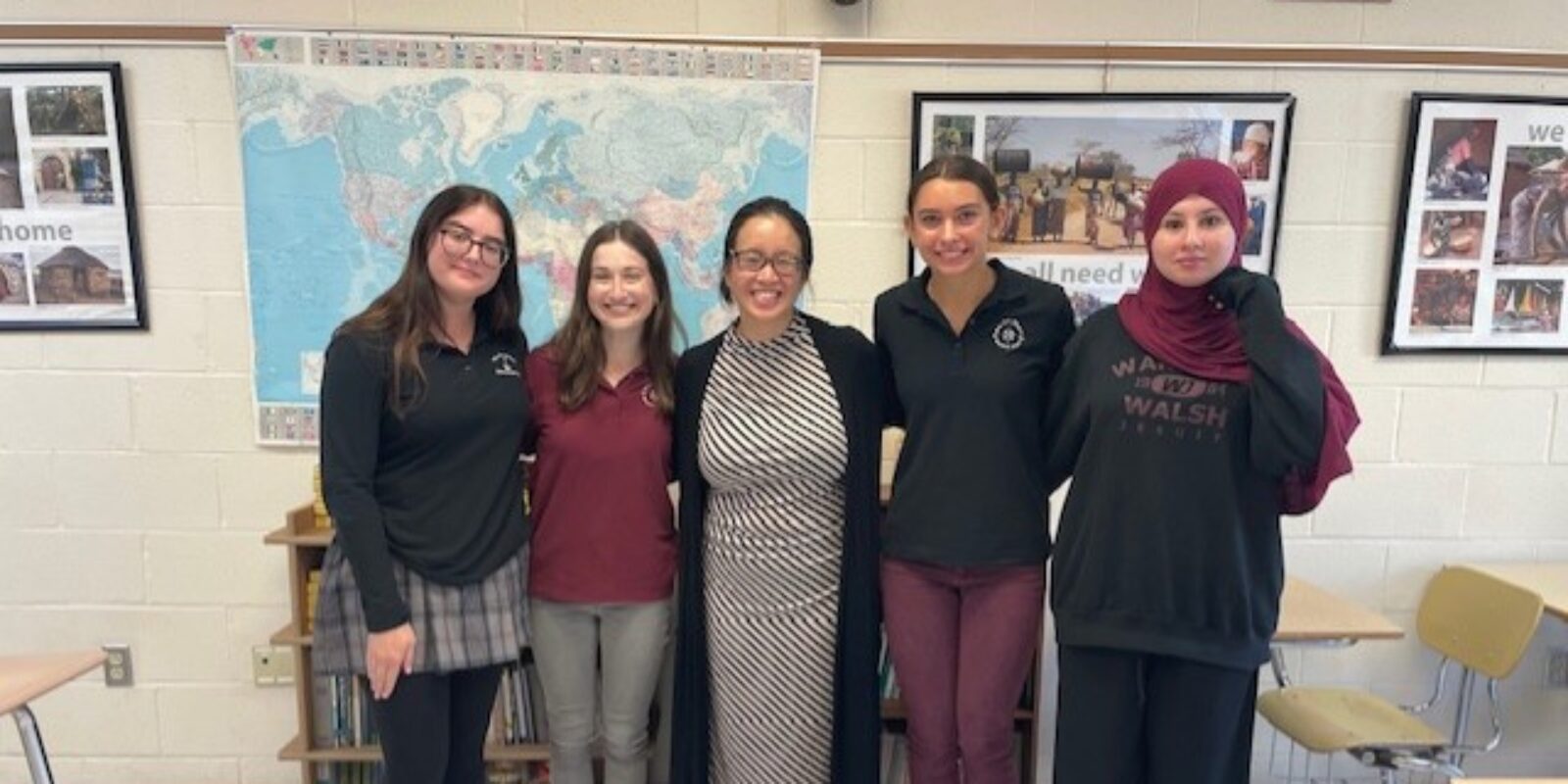 This report that calls for policymakers, donors, and other decision makers to prioritize education for refugees and displaced people.
This report that calls for policymakers, donors, and other decision makers to prioritize education for refugees and displaced people.
Recommendations include:
- Prioritize education in humanitarian response to crisis and conflict. When crisis and conflict occur, funding, multi-lateral agreements, and coordination efforts should include education, including in the Global Compact on Refugees, the UN led initiative to transform global response to the needs of refugees.
- Develop education programs to meet the needs and access challenges of refugees. Refugees and displaced people often have hurdles to overcome to gain access or achieve success in schooling. These challenges are unique to their displacement – such as the effects of trauma they may have experienced, lack of stable food or housing, or years of missed school – and must be addressed in education and support programming.
- Ensure commitments to education for refugees are met. Education commitments made at international conferences and by a variety of donors should be tracked and donors held accountable.
The report illustrates these recommendations through our work educating refugees in Lebanon – a country where one in six people is a refugee. Despite efforts made by the Lebanese government and by donors, a majority of school-aged refugee children (59 percent) are out of school. Through their work, JRS staff in Lebanon have found that education must be prioritized and tailored to refugee needs, and that donors must fulfill commitments made, especially to Syrian refugee children.


